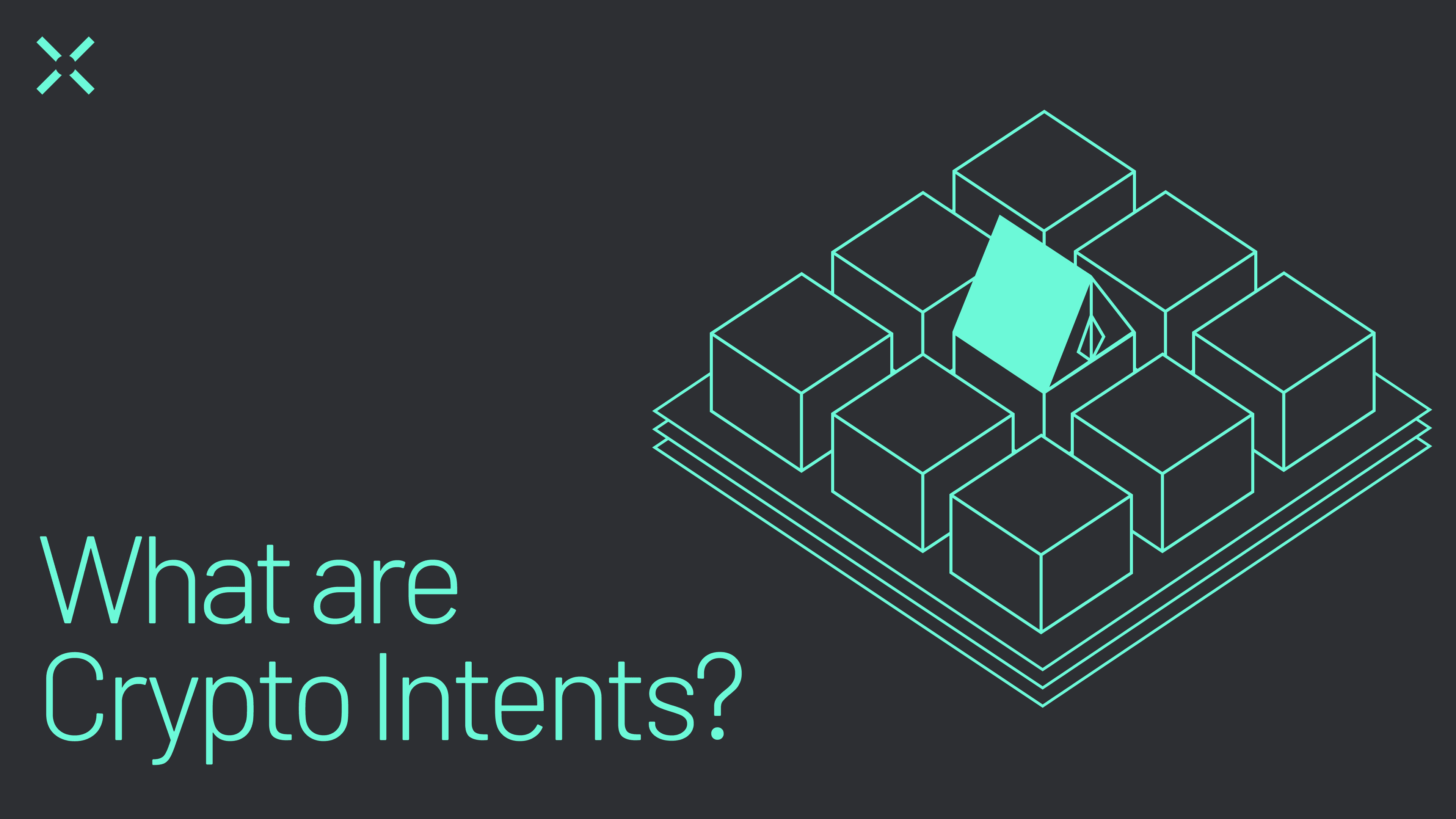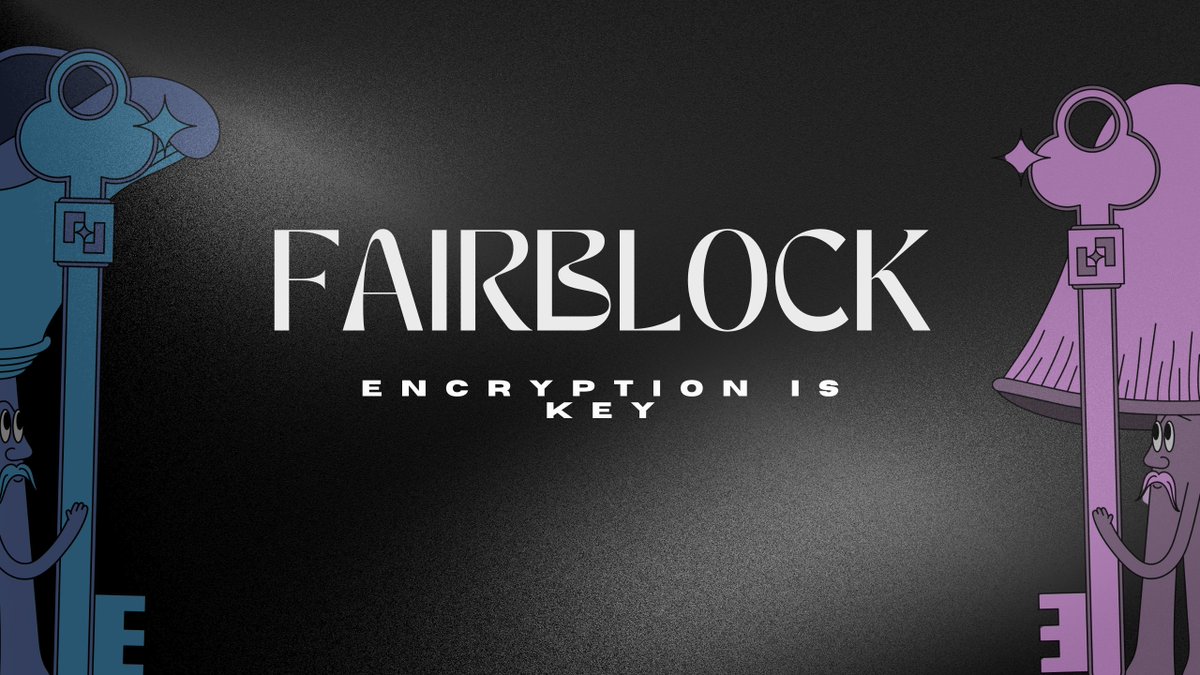
In 2025, the DeFi landscape is undergoing a seismic shift as Fairblock’s encrypted intents rapidly become the new gold standard for MEV protection. For years, DeFi users and protocol designers have wrestled with the challenge of Maximal Extractable Value (MEV) – the hidden tax that miners, validators, and searchers can extract by reordering or inserting transactions. While MEV has fueled innovation in block-building and order flow auctions, it has also undermined fairness and trust in on-chain markets. Now, Fairblock’s approach is changing the rules of the game entirely.

Why MEV Remains a Core Threat to DeFi Fairness
To understand why Fairblock’s solution is so revolutionary, let’s quickly revisit what makes MEV such a persistent problem. In traditional blockchains like Ethereum, transaction data sits in a transparent mempool before being finalized into blocks. This transparency window enables sophisticated actors to spot profitable opportunities – like front-running large trades or sandwiching swaps – before honest users’ transactions are confirmed.
The result? Regular users often pay more for trades, suffer from slippage or failed transactions, and ultimately subsidize sophisticated bots or validators who can manipulate order flow. Despite efforts like private relays and sealed-bid auctions, most solutions have only shifted who captures MEV rather than eliminating it.
Fairblock’s Encrypted Intents: Privacy as a First-Class Citizen
Fairblock flips this model on its head by embedding encrypted execution directly into the consensus layer. Instead of broadcasting transaction details to the world, users submit encrypted intents: confidential instructions that remain hidden until after block finalization. This means no one – not even validators – can see what you’re trading or how much you’re moving until it’s too late to exploit.
This isn’t just about privacy for privacy’s sake. By removing the transparency window that enables MEV extraction in the first place, Fairblock unlocks a level playing field for all participants. Front-running bots can’t act on information they can’t see; sandwich attacks become impossible when trade details are concealed until settlement.
The impact is profound: DeFi protocols built on Fairblock or its compatible rollups now offer truly trustless execution without sacrificing composability or user experience. As one industry observer put it, “Encrypted intent is not just a privacy feature – it’s a new execution standard. ”
BITE Protocol and Programmable Confidentiality: The Building Blocks of Secure DeFi
Diving deeper under the hood, Fairblock leverages its BITE Protocol to enable programmable confidentiality within smart contracts. This allows developers to define exactly which aspects of an application should remain private (such as trade size or counterparty), while still enabling public verification after execution.
The result? A new generation of high-integrity DeFi apps that were previously impossible due to front-running risks or regulatory concerns around user data exposure. From confidential stablecoin swaps to fair-order trading venues without front-running, programmable confidentiality is unlocking secure use cases across EVM-compatible rollups and Cosmos SDK chains alike.
If you’re interested in exploring how hybrid encryption models are transforming MEV-resistant DeFi design further, check out our deep dive at How Fairblock’s Hybrid Encryption Model Is Revolutionizing MEV-Resistant DeFi in 2025.
What makes Fairblock’s approach especially compelling is its scalability and interoperability. Encrypted intents are not just a theoretical improvement, they’re being adopted by major DeFi protocols, rollups, and even cross-chain liquidity platforms. This widespread integration demonstrates that privacy and fairness do not have to come at the expense of composability or efficiency. In fact, Fairblock’s architecture is designed to work seamlessly with existing EVM-based chains and Cosmos SDK networks, making it a practical upgrade path for builders who want to future-proof their dApps against MEV threats.
For users, the benefits are immediately tangible. Gone are the days of unpredictable slippage or failed trades caused by predatory bots. Instead, you experience secure, fair execution: whether you’re swapping tokens, providing liquidity, or participating in governance. For developers, programmable confidentiality unlocks new design space: think sealed-bid auctions where bids remain private until settlement, or lending protocols where positions can’t be targeted by liquidators until after a safe window has passed.
How Encrypted Intents Enable MEV Redistribution Strategies
While much of the conversation has focused on eliminating malicious MEV extraction, it’s worth noting that Fairblock also enables more equitable MEV redistribution strategies. By ensuring that transaction data is only revealed after finalization, protocols can implement mechanisms that redistribute any residual value back to users or DAOs, rather than allowing external actors to siphon it away. This aligns incentives across the ecosystem and helps foster sustainable growth for DeFi as a whole.
Key Use Cases Unlocked by Encrypted Intents
-

Confidential Stablecoin Swaps: Encrypted intents allow users to swap stablecoins like USDC or DAI without exposing transaction details, eliminating front-running and ensuring fair pricing.
-

Fair-Order Trading Venues: Platforms such as Fairblock-powered DEXs enable users to trade assets with encrypted order flows, preventing MEV bots from manipulating trades and creating truly fair markets.
-

Private DAO Voting: Using encrypted intents, DAOs can conduct private voting rounds where individual choices remain confidential until finalized, boosting voter privacy and reducing manipulation risks.
-

Sealed-Bid Auctions: DeFi protocols can run sealed-bid auctions for NFTs or token allocations, with all bids encrypted until the reveal phase, guaranteeing a level playing field for participants.
-

Confidential DeFi Lending & Borrowing: Lending platforms can leverage encrypted intents to keep loan terms and collateral details private until execution, protecting users from predatory strategies and MEV extraction.
The introduction of encrypted intent-based execution is already inspiring a new wave of protocol innovation. We’re seeing projects experiment with private trading pools, on-chain gaming markets immune to sniping bots, and even decentralized identity solutions that keep user actions confidential without sacrificing auditability. The possibilities are vast, and we’re just scratching the surface.
If you want to learn more about how these privacy-first models are reshaping fairness in DeFi protocols, our research on Fairblock’s hybrid MEV model offers additional insights into this evolving landscape.
What Comes Next for Privacy-Focused Blockchain Markets?
The momentum behind encrypted intents suggests that privacy will soon become a baseline expectation, not an optional feature, for serious DeFi participants. As regulators increasingly scrutinize market integrity and user protection (as highlighted in recent reports from European authorities), solutions like Fairblock position blockchain markets at the forefront of both compliance and innovation.
Looking ahead to 2026 and beyond, we anticipate an explosion of new applications built atop this foundation of confidential execution. Developers will have greater freedom to create products that were previously too risky or impractical due to MEV exploitation; users will enjoy safer access to decentralized finance; and the entire ecosystem will benefit from reduced extraction risks and more transparent value flows.
The era of extractive MEV is coming to an end, and with platforms like Fairblock leading the charge on encrypted intents in DeFi, we’re entering a future defined by fairness, security, and truly open finance for all.






